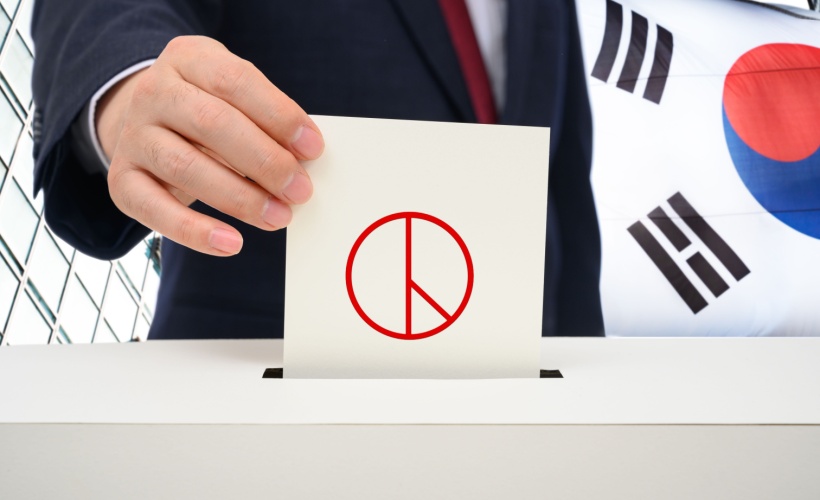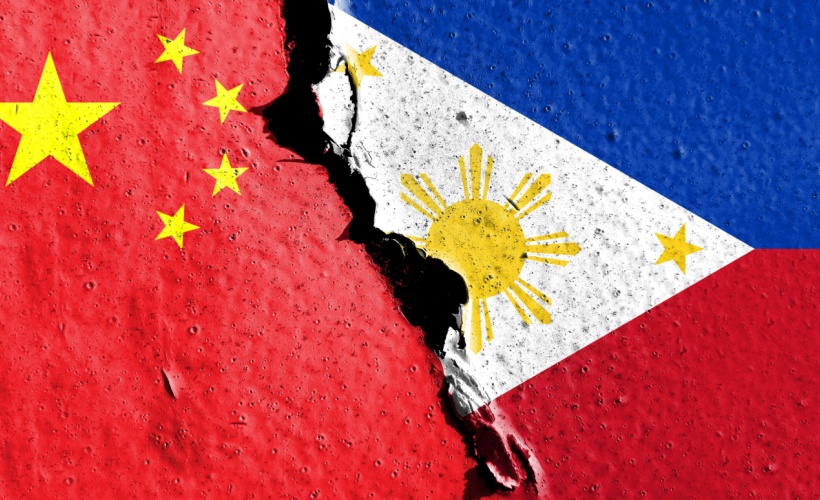By Chae Kyoun (CK) Ha, Research Assistant
On 17 November 2023, the Centre for Geopolitics co-organised an event on the UK-Japan defence and intelligence relationship together with the University’s Faculty of Asian and Middle Eastern Studies and Keio University’s Center for Strategy. The event was supported by Nihon Cyber Defence (NCD).
Dr. John Nilsson-Wright (Associate Professor in Modern Japanese Politics and International Relations and Head of the Japan and Koreas Programme, Centre for Geopolitics, University of Cambridge) opened the event by noting the significance of recent developments in UK-Japan relations, reflected in the bilateral Reciprocal Access Agreement (RAA) of January 2023 and the Hiroshima Accord announced in May 2023.
The Historical Development of the UK-Japan Bilateral Relationship
Professor Anthony Best (Professor of International History, London School of Economics and Political Science) provided an overview of the history of Anglo-Japanese relations which began in the late 19th century with a number of positive developments, leading eventually to the Anglo-Japanese alliance (1902-1922). The bilateral relationship subsequently encountered difficulties following on from the global economic depression of the early 1920s and later the Pacific War. In the postwar period, the relationship has been carefully managed, laying the basis for the more positive achievements of recent years. Noting past challenges in bilateral relations, Professor Best warned against excess sentimentality about today’s heightened relationship and questioned the efficiency of Britain’s expanding defence perimeter extending to the Indo-Pacific.
Dr. Yuichi Hosoya (Professor of International Politics and Director of the Keio Centre for Strategy, Keio University) concurred that the history of UK-Japan relations has sometimes been difficult owing to the occasional limits to mutual understanding. Nevertheless, Dr. Hosoya noted that leaders of Japan and the UK understood and continue to understand the importance of enhancing the bilateral relationship and have worked hard to overcome these hurdles allowing for today’s thriving cooperation between the two countries.
Sharing how historical struggles are still remembered today, with British high-ranking officials regularly paying tribute at the Commonwealth War Graves during their visits to Japan, Ambassador Paul Madden CMG (Former British Ambassador to Japan) noted the development of the UK-Japan relationship from the 1980s. This was particularly striking in the economic realm through large Japanese investments in the UK that were encouraged from the Thatcher period onwards. Ambassador Madden, while noting the periodic gap in mutual understanding among the elites in both the UK and Japan, stressed the value of enhanced people-to-people exchanges through programmes such as the JET programme. Ambassador Madden emphasised the growing importance of Japan for the UK given the conclusion of wars in Iraq and Afghanistan, the impact of Brexit, and the rise of China as a strategic competitor.
Contemporary UK-Japan Defence Cooperation
Discussing Japan’s relationship with Russia and its implications on UK-Japan relations, Dr. Michito Tsuruoka (Associate Professor, Keio University) noted that Russia-Japan relations have been clouded by historical and territorial disputes. It was only during the Abe administration, after 2012, when Japan made overtures to Moscow regarding territorial issues, when Japan’s sanctions on Russia for its annexation of Crimea was less severe compared to other G7 countries. However, since Russia’s invasion of Ukraine in 2022, Japan’s position on Russia has been increasingly aligned with other G7 members including the UK. There has been a growing recognition by both London and Tokyo of the connected strategic theatres in Europe and the Indo-Pacific as the situation in Ukraine is seen as a prelude to the possible contention over the Taiwan Strait.
Professor Christopher Hughes (Professor of International Politics and Japanese Studies, University of Warwick) touched on Japan’s revised national defence and security strategies announced in 2022 signalling the fundamental strengthening of the country’s defence capabilities. Professor Hughes suggested that this is a combination of long-term, incremental developments that will continue given the growing threats from North Korea, Russia, and China. Domestically, the Japanese public has been traditionally reluctant about increasing Japan’s defence capacity but there has been a gradual weakening of this reluctance. Professor Hughes stressed that Japan’s military power stretches far beyond its archipelago, Northeast Asia, and even the Indo-Pacific and the country is increasingly taking on a global power. On the long-term compatibility of UK-Japan relationship, Professor Hughes suggested that there are many areas of cooperation that can be developed between the countries, although they the UK and Japanese governments need to be realistic in thinking about the sustainability of this partnership given their limited resources to maintain their presence in one another’s regions.
Dr. Guibourg Delamotte (Professor of Political Science, French Institute of Oriental Languages) shared the French experience of engaging Japan and the Indo-Pacific region noting that the French presence in the region is permanent and therefore is much more substantial than Britain. Nevertheless, Dr. Delamotte observed that Japan has aligned better with other partners including Australia and the UK, particularly since the announcement of the AUKUS pact. According to Dr. Delamotte, the reason why defence cooperation between France and Japan has not developed as much as it did with the UK is because French foreign policy is not as well aligned with other partners largely due to differences in the strategic assessment of China’s challenge.
Dr. Hosoya also noted the different strategic priorities of the UK and Japan given their geographical positions. He claimed that Japan cannot abandon or jeopardise its economic relationship with China, although Japan still needs to maintain solidarity with like-minded countries. Prime Minister Nakasone in the past, and Prime Minister Kishida today have demonstrated their efforts to act as a bridge between the Euro-Atlantic and Asia Pacific regions and their own efforts to foster solidarity amongst like-minded partners. Furthermore, Japan’s strategy focuses on inclusiveness rather than the confrontational nature of US strategy on China.
Dr. Tsuruoka concurred with Dr. Hosoya’s view on Japan’s emphasis on inclusiveness while pursuing a value-based diplomacy. In particular, Dr. Tsuruoka pointed out the need to embrace countries with which Japan and the UK do not share values, such as non-democratic ASEAN member states with which we can be strategically aligned but which are not fully “like-minded”.
During the QnA session, there were a number of thought-provoking questions and responses including questions regarding Japan’s contribution to European security, its limited use of force in international theatres, intelligence cooperation between the UK and Japan and the institutional and attitudinal limits to this area of partnership, Japan-China relations, parliamentary ties between Japan and the UK, and the role of the United States in maintaining regional and international order.







